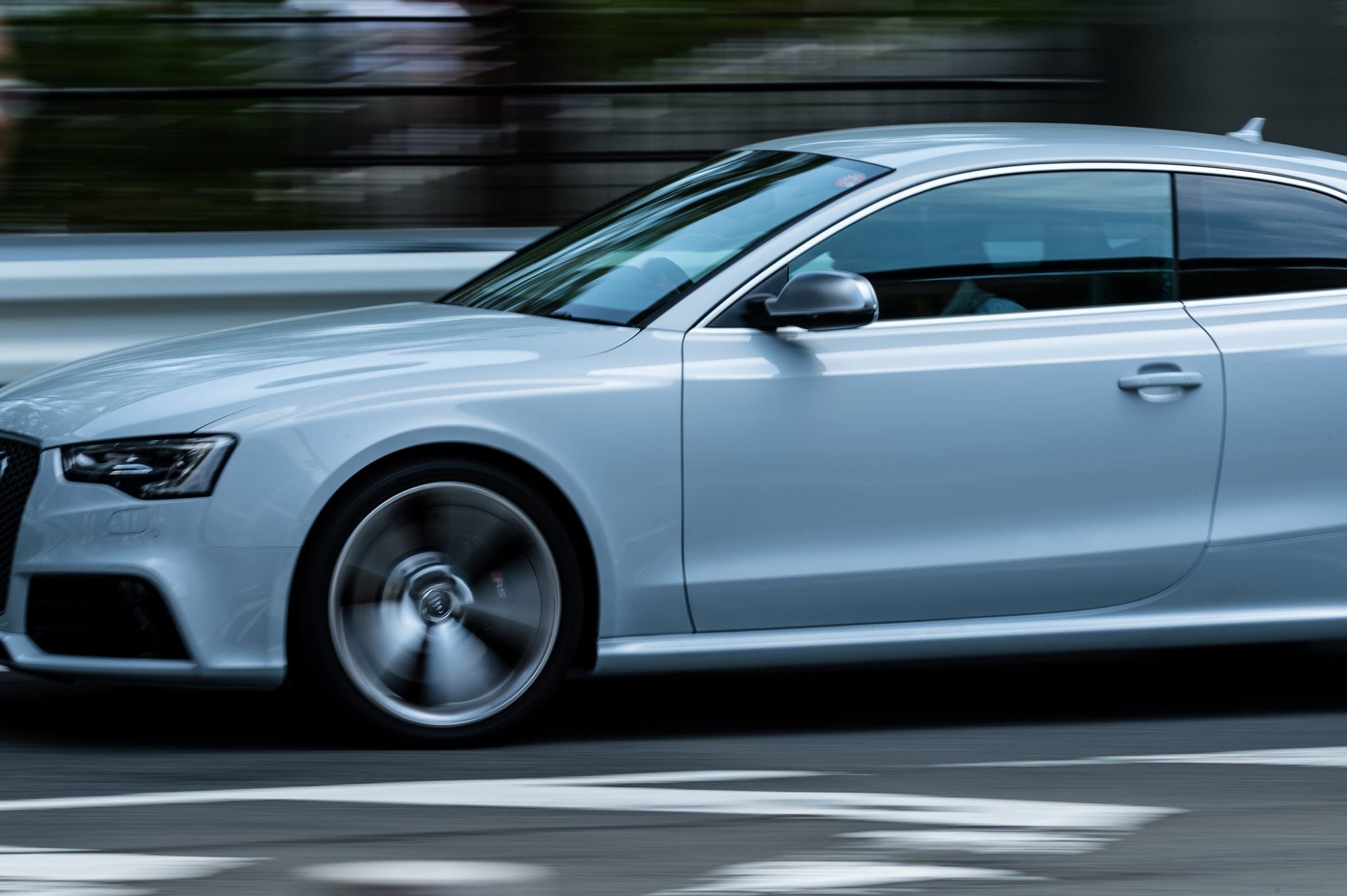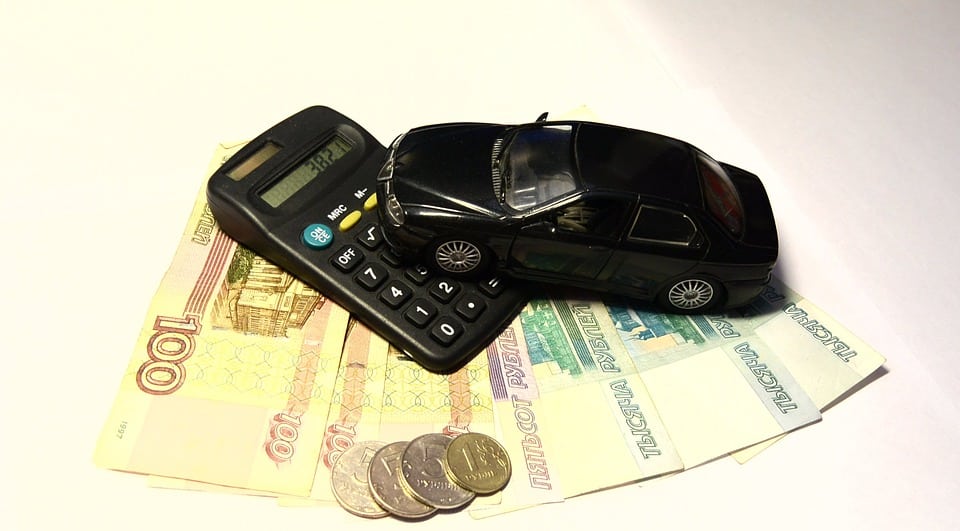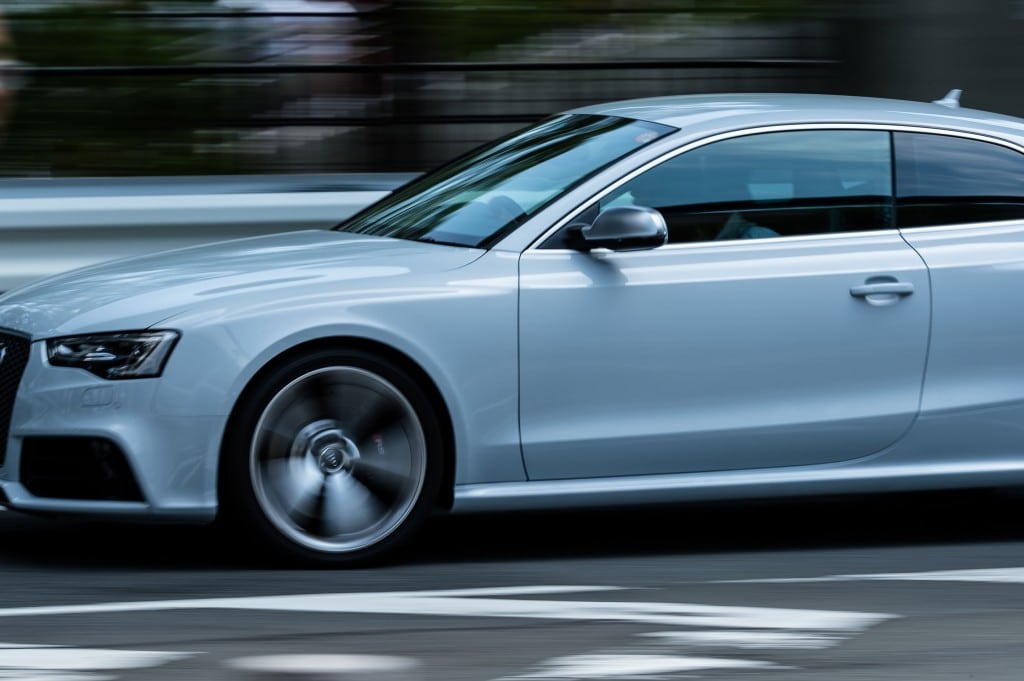As the two cars lineup on the starting line, we are in for a great race. The lease car, in the red, with its flexible payment structure, and the bought car in the blue that is owned outright, are almost ready. The lights go to red, before turning green, and they are off out of the starting block. But, which one will win the race? Which car would you back?
Car leases are a relatively new concept. You will have, no doubt, seen the adverts on the television or heard about them on the radio. They offer you the chance to drive a brand new car, one that you have always wanted, with flexible and manageable payment options. You will be able to take the family out for the day, in comfort. Alternatively, if you are single, think about all the dates you could drive home, without feeling embarrassed that your exhaust may fall off at any stage. However, you may not ever get a chance of owning a car, as the deal that you have just heard or seen is just a lease deal.
To some people, leasing options are an attractive proposition. Monthly payments can be a lot cheaper than buying a new car outright. Having a new car, on lease, is less of a financial burden, especially when compared to acquiring a loan for a new car.
The red lease car overtakes the blue car in a daring move..
Does it make more financial sense to lease compared to buy?
Leasing a car allows you to spread financial payments over a set term, which can range from three to five years. Buying a car can be done from savings or by applying for another financial agreement such as a loan. Loans can vary and are taken out with your best interests at heart. So, what is the difference?
There are a number of advantages to lease cars, especially when it comes to financials. You will pay less upfront for a lease car, with a smaller down payment or deposit required. In some cases, you may not have to pay for a deposit at all. Ongoing monthly payments also tend to be lower, when compared to monthly loan payments. Lease agreements are also more easily acquired than acceptance for a loan from a bank or building society.
The red lease car starts to pull away..
However, it is not all sunshine and roses when it comes to lease agreements.
Although the financial agreement, deposit and monthly payments, tends to cost less than buying your car, other costs are higher. The cost of insuring yourself on the leased car can be higher than if you owned the car outright. As you do not own the car, and you are involved in a serious accident that causes damage to your lease car, you will have to pay a lot more to get the vehicle back on the road. In the event of a ‘write-off’ then your lease agreement may have a condition within it where you have to pay an excess. This excess can be very expensive.
Another added expense, if you go down the lease route, is that you may have to pay a big deposit for the car you want. That will be an added expense every few years, or at the time you lease expires.
In addition to this, you may have to pay a surplus for the depreciation in the value of the car. In most cases, this is taken into consideration when it comes to setting your monthly payments. However, some lease agreements will include a depreciation payment at the end of the lease term. The depreciation will be set when the vehicle is returned and assessed.
Ongoing maintenance is something that you may have to pay a premium for. Within the lease agreement, it may be stated that you have to use their preferred company for MOTs and Servicing. If you do not use the specified company, you may be in breach of your lease agreement. The specified MOT and Servicing company can then over inflate any prices in relation to ensuring your leased vehicle is up-to-scratch.
Mileage is sometimes not factored in at all. However, if you decide to lease your car you should be very realistic about the mileage that you are expected to do. Some lease companies will charge you a fee depending on how much mileage you believe your car will travel. This is mainly because, the more miles you do, the greater and quicker the depreciation of your car.
The bought blue car is right along side the leased red one now..
The debate whether a lease car or bought car is better for you may not come down to financials at all. It may be because of how you like to live your life. Your lifestyle choice will have a huge bearing on whether you buy or lease your next car.
If you are in a point in your life where you can commit to ongoing monthly payments then the lease option may be best for you. You will have the stability that some maintenance elements are catered for and that your insurance premiums will remain constant. If you enjoy the consistency that monthly payments bring, as well as a new car every few years, a lease car is for you.
However, if you are at a point in your life where you want a car for the long term, then buying a car may be best for you. Buying a car is an investment. Once it is paid for, it is yours. Your insurance premiums will come down, but your maintenance payments will increase. If you want a car that will last you for more than this time, then buying a car may be your best bet.
The cars are neck and neck going into the final stage of the race..
Who wins this car race is up to you. You just have to ask yourself the right questions and work out what is best for you both now and in the future.
Who wins the race.. you decide.








